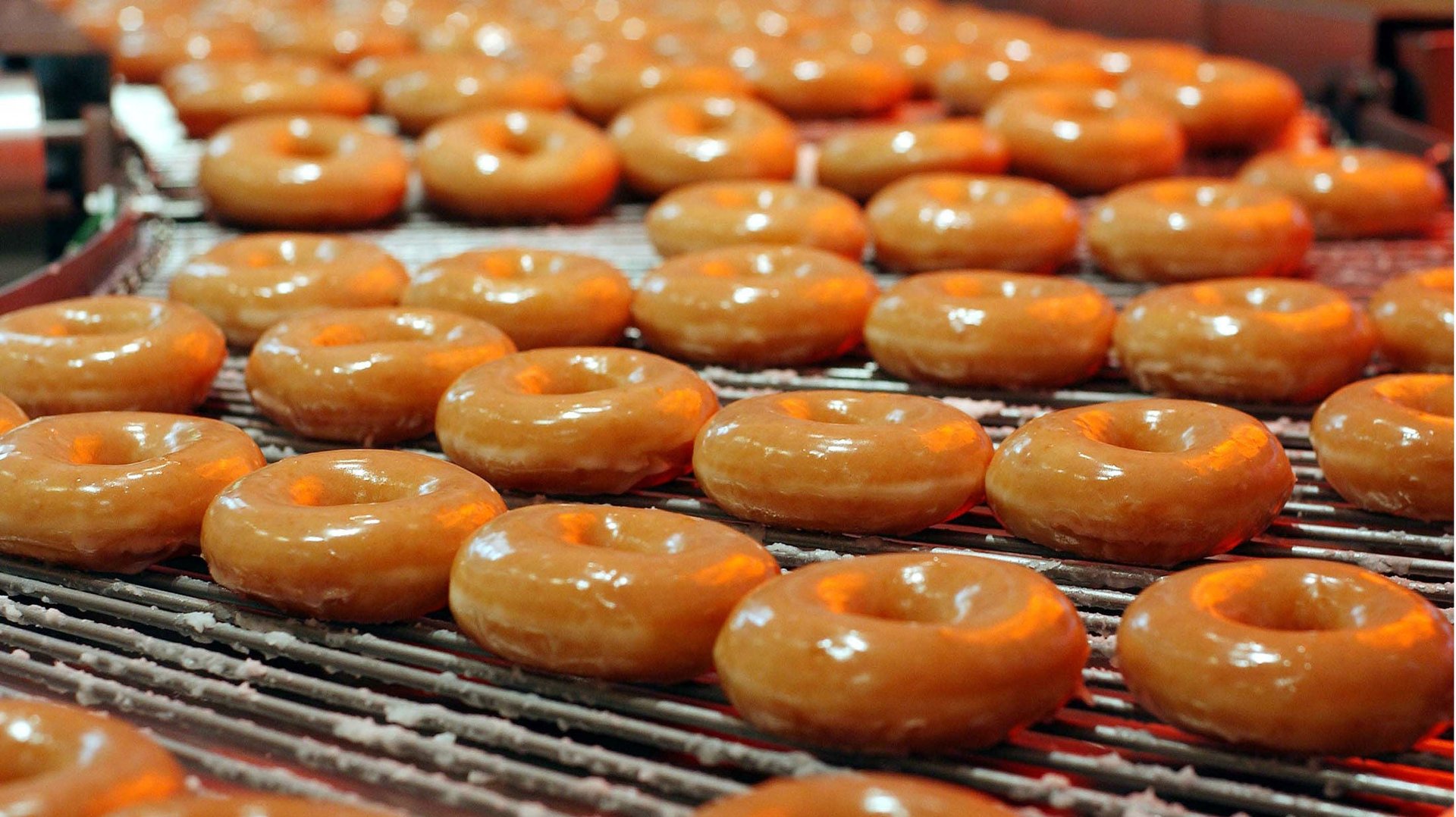Your stressed-out brain is breaking your diet
You’ve decided to go on a diet. For the first few days, things go well—you avoid the donut, you munch on carrots, and you deal without sugar in your coffee. But then, during a particular hectic time at work, you fall off the wagon—guzzling sodas and chowing down on pizza. Why does stress impact the way we eat?


You’ve decided to go on a diet. For the first few days, things go well—you avoid the donut, you munch on carrots, and you deal without sugar in your coffee. But then, during a particular hectic time at work, you fall off the wagon—guzzling sodas and chowing down on pizza. Why does stress impact the way we eat?
Scientists from the University of Zurich published new research that shows moderate levels of stress may have a negative effect on self-control when it comes to eating. After we’re put under pressure, we’re more likely to cave into our immediate cravings for junk food, rather than maintaining the willpower necessary to meet longer-term dietary goals.
“In general, moderate levels of stress are going to bias your preference for getting the immediate reward,” Todd Hare, an economist at the University of Zurich and co-author of the study, told Quartz.
Hare tested this theory by examining the food choices of over 50 men who identified as trying to maintain a healthy diet, but had a weakness for junk foods. Researchers asked participants to rank foods based on their perceived health and tastiness. Then, about half of the participants put their hands in an ice bath (just above freezing) for 3 minutes to induce intermediate stress levels. The other half of men placed their hands in a warm bath.
Immediately after this stress test, researchers tested participants’ cortisol levels—a hormone associated with stress—and placed them in an fMRI machine to measure the areas of the brain that were most active. They then asked participants at several different intervals to pick between two foods they could have at the conclusion of the test, and monitored how their choices varied over time.
Even before cortisol had reached peak levels around 20 minutes after the test, the stressed individuals were more likely to pick foods that they viewed as tastier, rather than healthier. The researchers also noticed that fewer parts of the pre-frontal cortex, which influences our ability to remain disciplined, lit up in the stressed participants.
“We only tested the food choices, but this might be something that applies more generally to self-control,” Hare said. To determine that, a study will need to be conducted on a larger population and include women.
Still, the takeaway from the research is one that should benefit us more generally. Avoiding stress altogether is not practical, but we can develop better coping mechanisms. One suggestion from the researchers is that, when a situation trigger stress, try to visualize yourself taking a particular course of action—like eating an apple instead of cake—and then visualize yourself feeling proud and satisfied later.